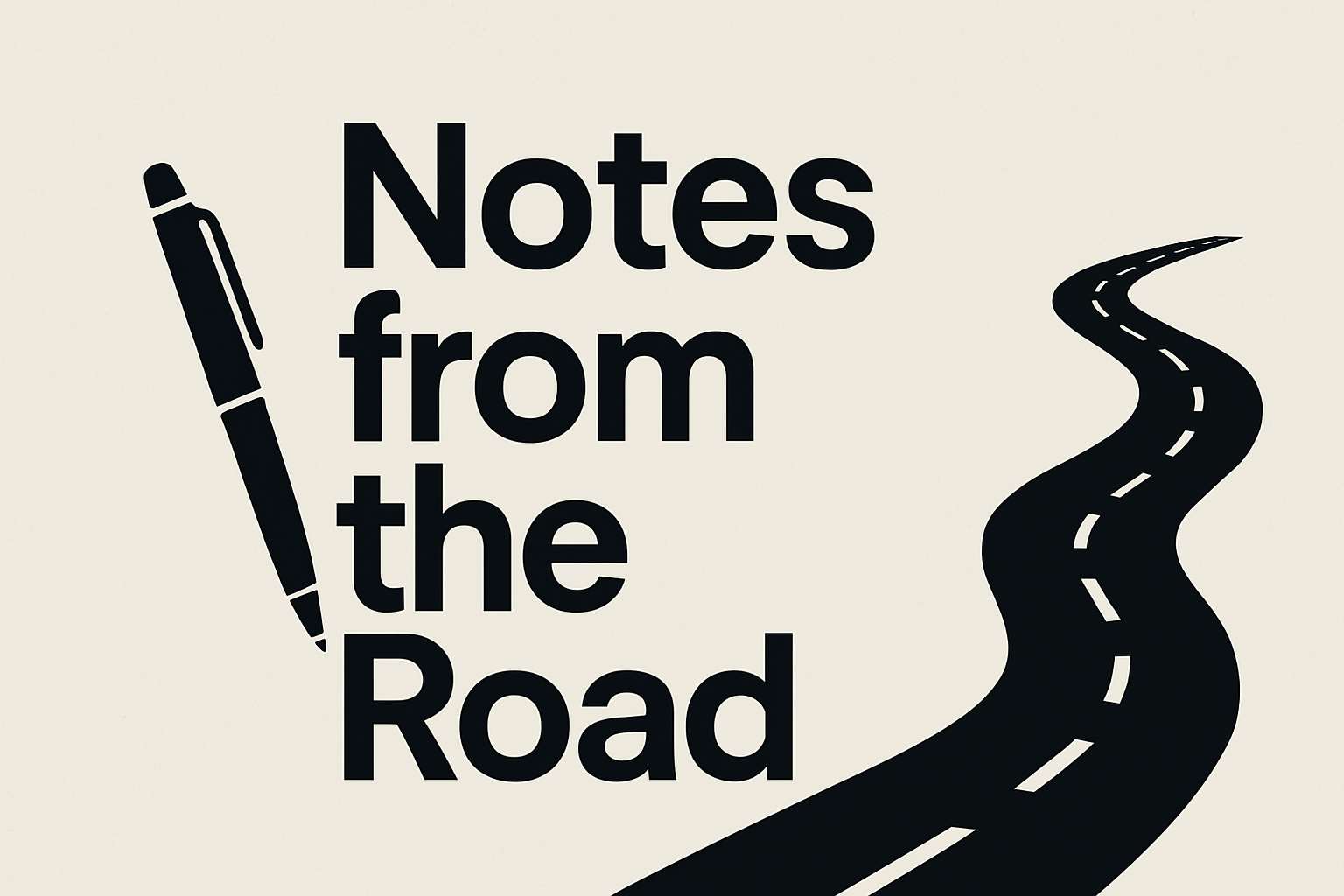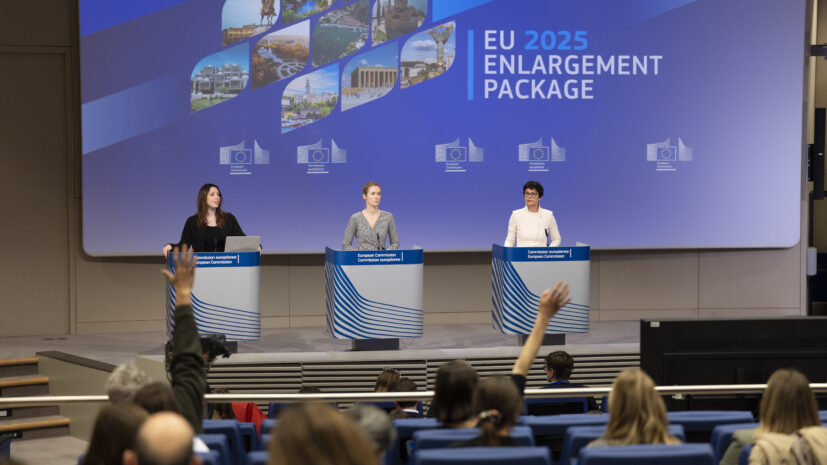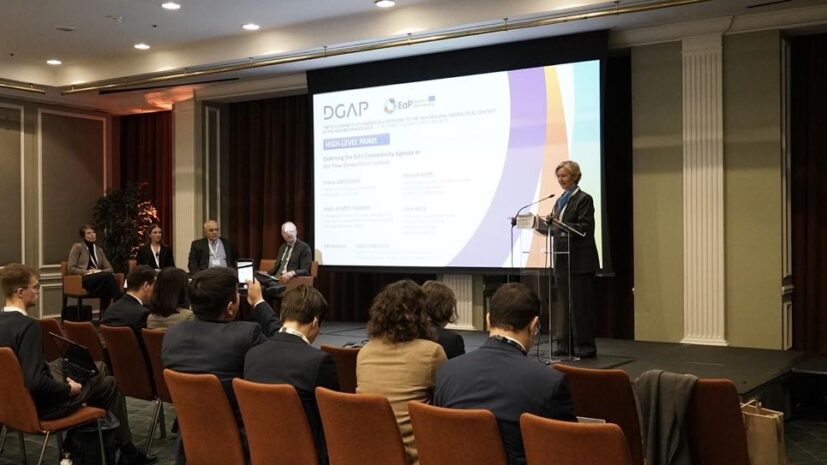EaP Think Tank Network

Image generated by ChatGPT, OpenAI, July 29, 2025.
Original Content
Moldova’s Election Landscape
Chisinau, 25-27 June 2025
These Notes from the Road are based on Anastasia Pociumban’s trip to Chisinau during the think tank trip organized by Institutul pentru Politici și Reforme Europene (IPRE), to Chișinău from 25 to 27 June, 2025. The visit included meetings with government officials, representatives of opposition parties, and experts.
The Electoral Mood
- Moldova will hold parliamentary elections on 28 September 2025, a crucial de facto referendum of the Party of Action and Solidarity’s (PAS) reform process, EU integration, government successes, and the country’s overall direction. The election occurs amid economic concerns and rising energy costs in recent years. The stakes are high, and Russia understands this; Moldova will either continue on its EU integration path under a pro-European government or risk a shift toward a pro-Russian agenda that will jeopardize reform efforts and EU integration. Russian hybrid threats have been further escalating and especially targeting the PAS party.
- The goal of the government and the Party of Action and Solidarity (PAS) is to secure a 51 percent majority during the parliamentary elections in September; no Plan B has yet been openly discussed. Currently, society views most government campaigns simply as PR tactics. One campaign strategy launched by PAS is to invite cultural figures and other public personalities to join the party, with the idea that it will enhance its public image. However, the opposition and expert critics view it as a populist measure.
Opposition Landscape and Electoral Scenarios
- The other genuinely pro-EU parties are polling below the threshold, and the opposition parties with a realistic chance of entering parliament are considered pro-Russian by most experts, even if they advocate as being pro-EU. The fact that even opposition parties feel the need to wrap their campaigns in pro-EU rhetoric suggests that openly pro-Russian messaging does not resonate strongly with the Moldovan electorate.
- According to polls, the Alternativa Bloc seems to be growing in popularity. However, the parties within it have differing agendas, and it is likely that, once elected, the bloc could fragment quickly. While these parties currently project an image of unity and EU integration, in the past, they either have not advocated for the EU or have held the position that it is too early for Moldova to join the EU. Some of the parties are not opposed to restoring economic relations with Russia.
- If PAS does not secure a majority, there is a possible scenario in which a bloc of pseudo-EU parties enters parliament and derails the integration agenda from within, and another, more extreme scenario, in which a pro-Russian coalition takes power. The latter is considered unlikely at this stage but is still seen as a risk.
Hybrid Threats and Disinformation
- Hybrid threats are increasing in intensity. Cybersecurity is seen as one of the principal vulnerabilities. Moldova faces an elevated number of cyber-attacks daily, many targeting public infrastructure. DDoS attacks this year have already surpassed the combined total of last year’s incidents.
- The current Russian-led influence campaign includes amplifying social division, coordinating transport protests, highlighting Transnistria’s economic problems, and leveraging economic issues. Disinformation campaigns, particularly through Telegram, TikTok, influencers, and vloggers, have intensified noticeably.
- The Moldovan Orthodox Church is also a key vector of influence. The messages promoted include framing the EU as “rotten,” elevating religious identity, and encouraging clergy to open Telegram groups and organize offline events.

The EU’s Eastern Neighborhood in 2026: Key Trends to Follow
“What’s Brewing in the Eastern Neighborhood?” brings timely questions to a panel of experts, sparking dynamic debate and showcasing a range of per...

The New Enlargement Package Sends the Right Message – Now the EU Needs the Backbone to Go Forward
The EU’s new enlargement package puts geopolitics firmly at the centre – and rightly so. Russia’s full-scale invasion of Ukraine jolted enlargement out of...

EU’s Connectivity Agenda. Takeaways from the DGAP High-Level Event
Following the DGAP high-level event organized on December 2 in Brussels Anastasia Pociumban provides an outlook on the event’s key takeaways.
